Beirut Pride will be suspended until a judge decides if it’s an ‘incitement to immorality’
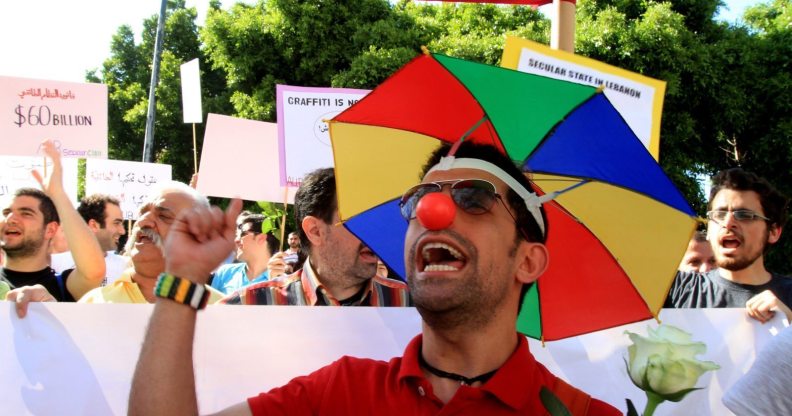
(ANWAR AMRO/AFP/Getty)
Beirut Pride will be suspended until a judge decides whether the celebration constitutes an “incitement to immorality.”
Hadi Damien, who created the eight-day-long festival, was detained by police during an investigation by authorities into the event, which was thought to be the first in the Arab world when it debuted last year.
He has now been released by authorities in the Lebanese capital, and released a statement on Tuesday through Beirut Pride which explained that Pride would not be continuing – for now.
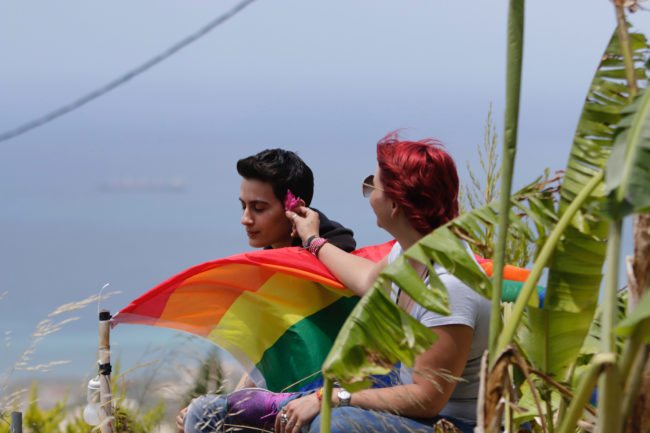
(IBRAHIM CHALHOUB/AFP/Getty)
Authorities started investigating the festival after organisers were denied permission to read a series of stories about homophobic attacks.
In the statement, Damien wrote that he was detained with 38 other people, saying: “I was happy because the interrogators did not bother me and did not attack me physically or verbally.
“I can not apply this to all the detainees, who have blue and green spots and signs they said were bruises.
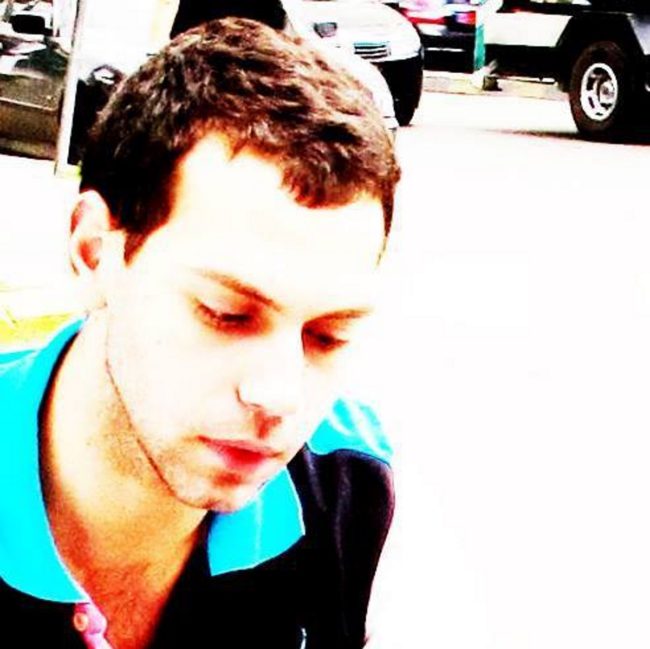
(hadi damien/facebook)
“It turns out that the main reason for the appeal is that the Public Prosecutor’s Office obtained the Beirut Pride program in a distorted Arabic version,” he continued.
“We explained the details of each point that was touched upon, before making my statement before the investigation.
“A briefing about Beirut Pride, its meaning and initiatives, corrects the wrong words and addresses the important details.”
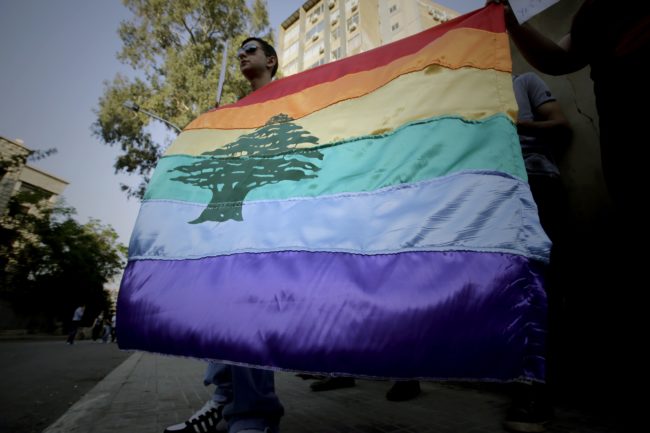
(JOSEPH EID/AFP/Getty)
He said he had signed an agreement with the authorities to suspend all planned Pride activities until the investigating judge had ruled on an “allegation of incitement to immorality and breach of public morals.”
More than 4,000 people attended last year’s Pride.
Damien said last year that attendance at the week-long event had “surpassed all initial expectations” despite it also suffering a forced cancellation.
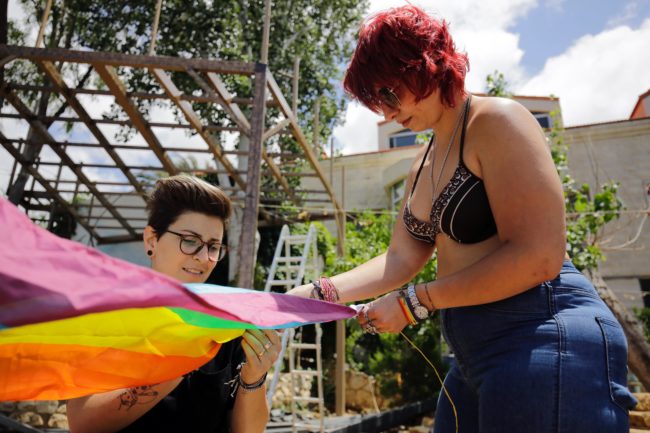
(IBRAHIM CHALHOUB/AFP/Getty)
The first event was called off due to safety concerns, after the League of Muslim Scholars condemned the event on social media.
Homosexuality is still against the law in Lebanon, and punishable by up to one year in prison.
However, a top judge said last year that homosexuality should not be illegal, a landmark decision which raised hopes that the country is moving toward decriminalisation.
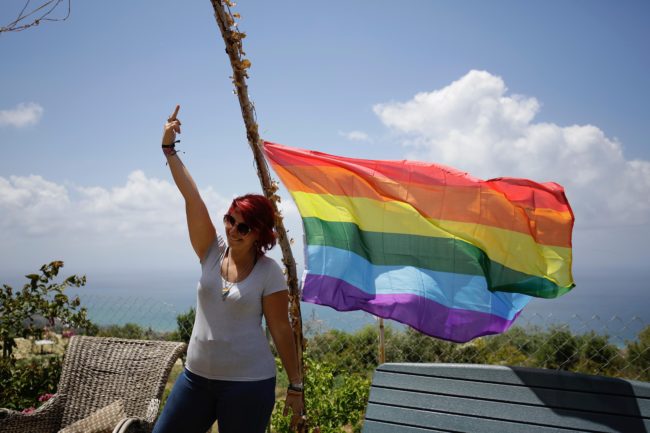
(IBRAHIM CHALHOUB/AFP/Getty)
Judge Rabih Maalouf declared that “homosexuality is a personal choice, and not a punishable offence”.
And in March this year, politicians called on authorities to decriminalise gay sex.
Right-wing Christian Democrat party Kataeb announced plans to scrap the law, placing pressure on the government.
Currently, article 534 of the Lebanese Penal Code prohibits sexual relations that are “contradicting the laws of nature”.
Related: Lebanon allows trans man to legally change his gender
Activists have said that if article 534 is scrapped, it will bring dramatic improvement to LGBTQ equality in the middle eastern country.
The executive director of Arab Foundation for Freedom and Equality, Georges Azzi, said at the time: “We have been pushing for parties to publicly support the LGBTI community for a long time.
“We have had closed door promises but this is the first time politicians have publicly supported us.”

